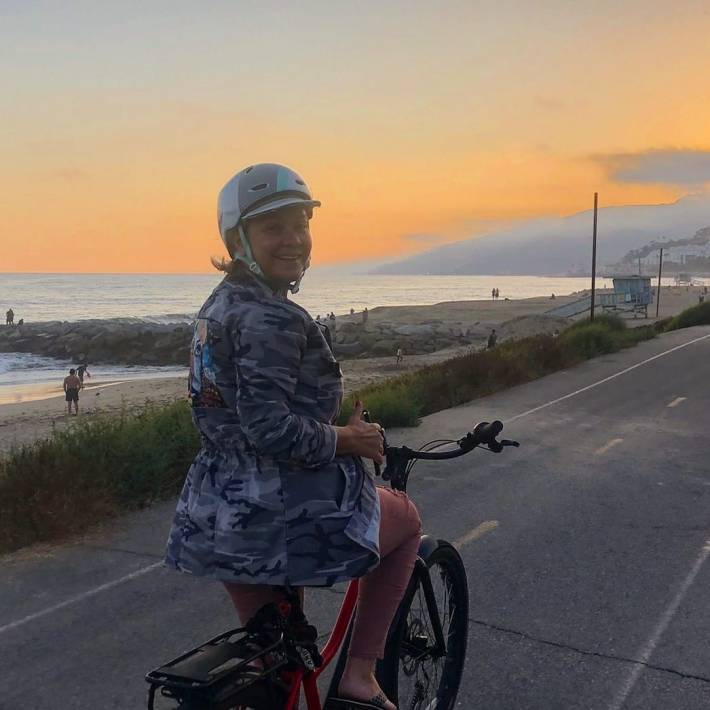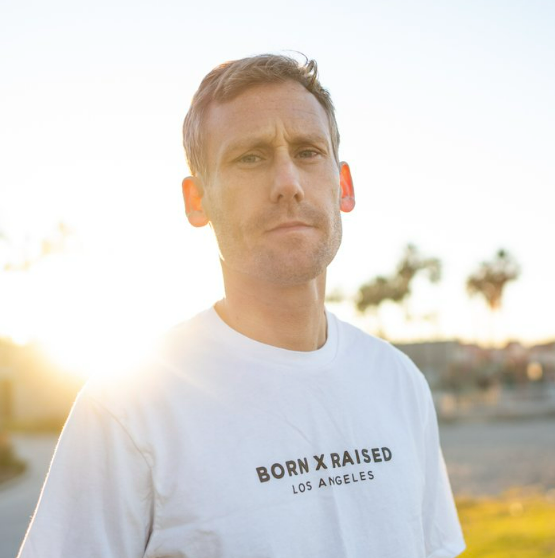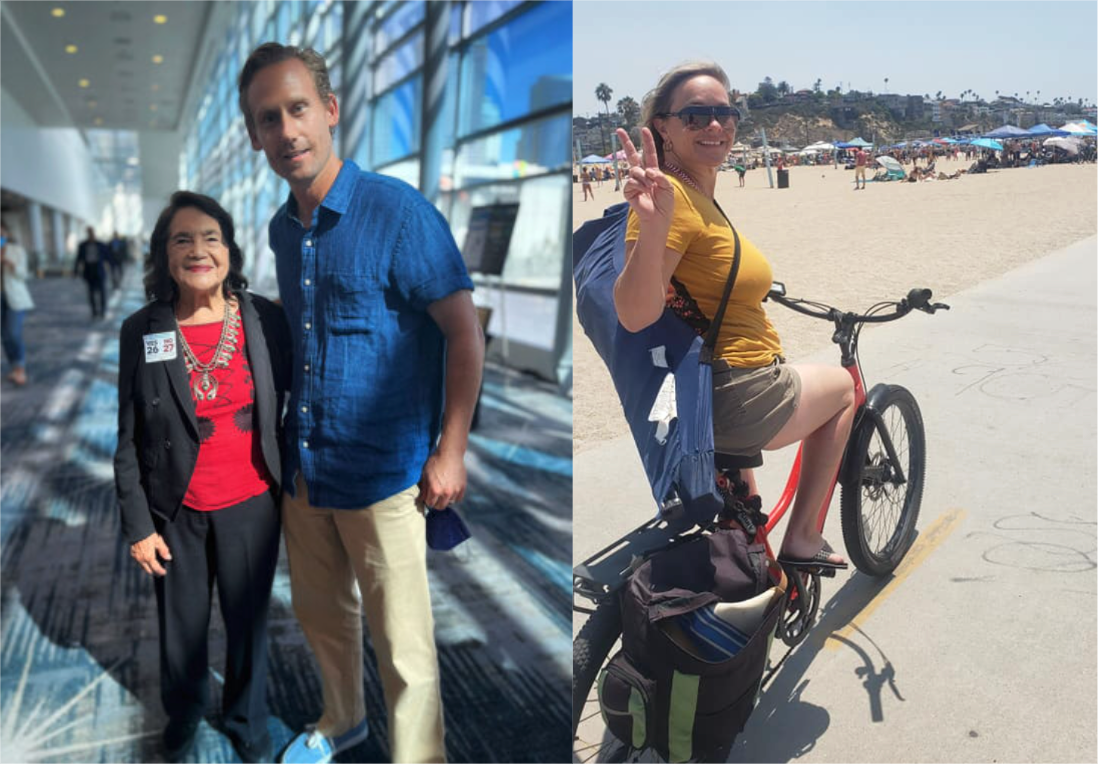Last week, Damien Newton sat down separately with the two winners of the L.A. City Council District 11 primary: Erin Darling and Traci Park. The story below is distilled from those interviews. Interested readers can find the full interviews posted online: Darling audio or transcript, and Park audio or transcript.
It's been called a Battle for the Soul of the Westside. The campaign to replace Mike Bonin as City Councilmember in CD 11 has been a surprising and hard fought campaign. Two candidates emerged from a crowded primary: Traci Park and Erin Darling. Park was the first candidate to announce her candidacy before the Bonin Recall campaign fizzled and Bonin announced he wasn't running for re-election. Darling jumped in the race days after Bonin's announcement.
For the most part, defining issue in the race is the city's response to homelessness and how each candidate would improve it. Because of the city's dysfunctional response, both candidates have claimed the mantle of the outsider reformer. Park promises enforcement of the city's encampment laws that Bonin has not endorsed or enforced while exploring more long-term options. Darling focuses more on building more shelters and affordable housing and doesn't think sweeps or "clean ups" are helpful. Park is a favorite of neighborhood activists and has been endorsed by police unions and the restaurant association. Darling is the candidate of progressives and renters and has been endorsed by left leaning advocacy groups and Bonin himself.
Due to a quirk in scheduling, I had a chance to talk with both candidates last Friday. Darling and I met at next to the Venice Boulevard bike lane (yes, that bike lane) at Alana's Coffee (no, not that coffee shop). Later in the day, I walked a block from my house to meet with Park at her campaign headquarters.
While the campaign has been a hard-hitting affair, both candidates were upbeat, cheerful and were largely in agreement when it came to discussing transportation reform: Los Angeles needs to expand its transportation options by increasing transit and building an interconnected bike network. This is what happens when you have two candidates for office that both choose bicycling not just for recreation, but also frequently for transportation.

Both candidates sprinkled in details of how their lived experiences as bike riders on L.A.'s streets impact their transportation platforms with Darling talking about how interconnected routes could lead to a bike boom while Park stressed that infrastructure needs to be built that makes bicyclists feel and actually be secure. Darling also sprinkled in references to how transportation policy impacts climate, access to food, and increased access to community resources for seniors, while Park stuck more to how a lack of mobility options and poor communication from the city impacts westside residents.
While both see the opportunities that L.A. presents, neither is eager for an extended and protracted battle over this infrastructure that Bonin experienced for the last half-dozen years. Park stated that she is still hearing complaints about the Venice Boulevard Great Streets facility while campaigning. That project was installed in mid-2017.
"Constituents were angry enough that it led to the initial recall effort against the council member," Park remembered. "I have certainly heard frequently over the last year plus that I've been campaigning...that folks remain concerned about it."
"Cut through traffic, idling that causes air quality issues, the impact on businesses…There have been concerns. At the heart of all of that was the lack of engagement and input from the community and a pervasive saying that this was something that was intended to be a pilot program and that it was done without much input."
Darling seemed more positive on the outcome for the project on Venice Boulevard gesturing to the thriving business community surrounding Alana's and noting both that our interview was interrupted by a well-wisher from Culver City and later, much briefer, by a bicyclist who rang out a greeting as he went past. But even so, Darling echoed that the community surrounding the project didn't feel that they were involved enough in planning the project.
"I think generally public outreach has to be thorough. Design can’t be predetermined. People have to feel like they have a say. Outreach is still huge. So there has to be flexibility, but there also has to be communication that with climate change there’s an immediacy that we need to act on," he said.
"Let’s acknowledge that in L.A. when you take a lane people react viscerally like you’ve taken something away from them. But here we are looking at it, and I don’t see massive congestion."

Venice Boulevard is back in people's mind because of the city's planned extension of the protected bike lane west to Lincoln Boulevard and east to La Cienega Boulevard. Some of that work has already been completed, and outreach is underway with a demonstration scheduled for the end of the month. Both candidates expressed support for the idea in general, but withheld from endorsing the plan as it is proposed. Darling did sound more positive of it overall.
"Whether it’s all on one street or not I’m ambivalent about it. I do think we need an interconnected route all the way downtown. I haven’t seen the exact design of it. As I understand it, there are different models. That part I don’t have a strong opinion on, but it makes sense to continue this [gesturing to the protected lane]," continued Darling.
Park expressed concern that people living on, or near, Venice Boulevard weren't being given enough opportunity to weigh in on the plan, and that ultimately it could lead to another protracted argument similar to the one that Mar Vista had/has over the Great Streets Project.
"I haven’t had the opportunity to dive into the details," Park said while gesturing to what appeared to be the actual proposed street configuration plans on her desk. "My biggest concern is lack of community engagement and involvement. This is going to come as no surprise to you, when I point out how controversial the Mar Vista road diet was... My guess is there’s going to be a lot of community pushback on it, and that’s not the best way to get the buy-in from the community that I think would be important to help set it up to be successful. "
Back in 2017, when the Venice road diet improvements went in, the design raised concerns from various road users. Some drivers expressed anger that their lane had been stolen. Some bicyclists pointed out that the design made for 'blind turns' as parked cars close to intersections meant that it wasn't easy for drivers to see oncoming cyclists. Right after our interview concluded, Darling asked me some questions about the design, based on what he had heard from cyclists. Park expressed a couple of other concerns about Venice: she was hearing from the Fire Department that they had gotten caught in traffic on the dieted road, and that neighbors off of Venice Boulevard have seen an increase in cut-through traffic.
After Park's recorded interview concluded, we briefly discussed the Slow Streets Program. My neighbors and I have been volunteering to use the program to reduce cut-through traffic in our corner of Mar Vista. I left with the impression that Slow Streets would be a part of Park's neighborhood toolbox should she be the next councilmember.
As the interview drew to a close, Park noted that in her travels she's seen lots of different types of transit systems and transportation networks. She and Darling both agree that L.A.'s transportation networks are underdeveloped and need an overhaul - to provide both greater mobility options and cleaner air.
Park concluded her interview encouraging "more robust crosswalks and speed calming measures and things like that" as long as they "don't hamper emergency vehicles." "I think there’s a lot we can really do to make this city more sustainable and really help people make that shift out of vehicles into other modes of transportation."
Darling concluded his interview by making a broader appeal for climate action and citywide clean energy.
"Big picture, the day I got in this race I was talking about climate change," Darling emphasize. "Transportation is important, but so is electricity. We have a public utility in this city, most cities can’t brag about that. Angelenos can elect a city council that can push the public utility to get to 100 percent renewable energy. Most cities can’t do that. In this city of almost four million people, a small country essentially, in the face of federal inaction and quite frankly the Supreme Court handcuffing federal action on this issue, the city of L.A. has to push DWP to get to 100 percent ASAP."






